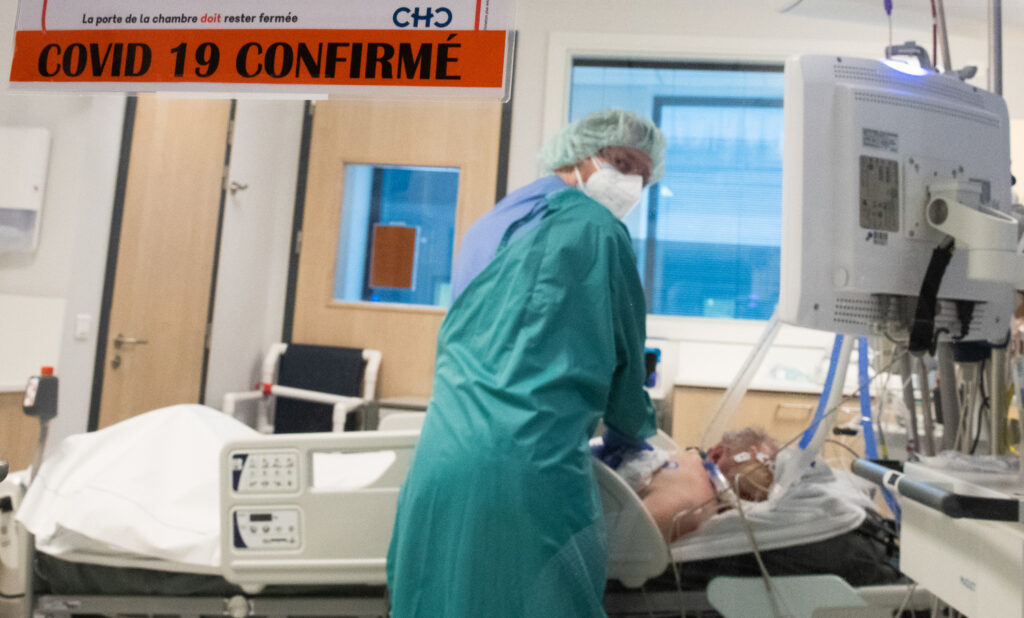Two Belgian doctors have traced the long-term presence of the SARS-CoV-2 virus in persons suffering from Long Covid in a new study expected to make it easier to treat the condition.
Charleroi-based general practitioner Marc Jamoulle and Johan Van Weyenbergh, an immunologist from the Rega Institute of KU Leuven, presented their research findings at the Demystifying Long Covid International Conference 2023, held in Madrid on 7-9 December.
“I took an interest in Long Covid because I could not understand it,” Jamoulle told Belga News Agency. “For two years I’ve been monitoring a cohort of patients with consistent symptoms that do not correspond to any known disease.”
After conducting a qualitative study, Jamoulle enlisted the aid of immunologist Van Weyenbergh. Together, they conducted extensive blood tests on 110 suspected Long Covid patients, establishing a correlation between the symptoms observed and the data collected.
Blood analyses unveiled encephalitis, inflammation of the brain caused by poor cerebral arterial blood circulation. “The brain controls the entire body, therefore people encounter an array of disorders such as cognitive or respiratory issues,”Jamoulle explained. “Most often, doctors erroneously diagnose them with burnout.”
Of the study’s 110 participants, 30% now regard Long Covid as a distant memory, 30% indicate slight improvement and the remaining 40% remain incapacitated.
Around 70% of those affected are women with an average age of 40, Jamoulle said. “If it had been 70% men, the research would certainly have been quicker,” he added, noting that gender bias persists in the medical field. Moreover, “unlike many other European countries, Belgium has not yet earmarked funding for Long Covid research,” he said
Though far from complete, the study makes it possible to identify Long Covid victims through blood tests.
It could also enable doctors to administer more appropriate treatments.

